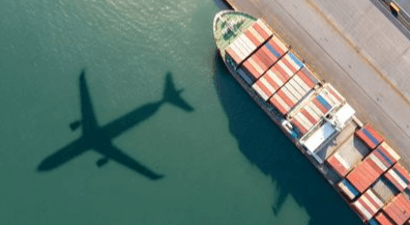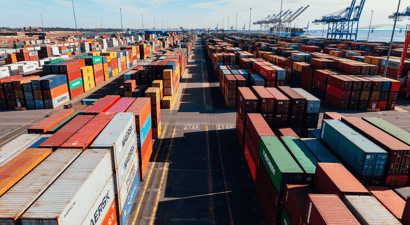International Arbitration Act, 15 of 2017 and its' impact on the enforcement of maritime claims in South Africa
The International Arbitration Act (“the Act”) came into force on 20 December 2017. The commentary on the Act to date has largely focused on how the Act has sought to align South Africa with international best practice by incorporating the UNCITRAL Model Law on International Commercial arbitration (“the Model Law”).
One of the consequences of the Act is that it has brought about a curtailment of our courts’ inherent jurisdiction. The position prior to the coming into force of the Act was that our courts’ jurisdiction was not necessarily ousted by an arbitration provision; our courts could still determine substantive claims between parties notwithstanding the fact that they had provided for the referral of disputes to arbitration. A substantial body of law had developed over time within the realm of the court’s admiralty jurisdiction in relation to circumstances where a party instituted proceedings in South Africa contrary to the provision of an express arbitration clause. The position, in general terms, was that an arbitration provision ought to be upheld unless the party who did not wish to be bound thereby could provide a substantial basis why the provision should not be enforced. The factors which our courts generally considered in this regard are summarised by Adv Gys Hofmeyr in his book, Admiralty Jurisdiction, Law and Practice In South Africa, and include (or included);
- Where the evidence is situated or more readily available in South Africa making it more convenient and cost effective to proceed in South Africa as opposed to the nominated arbitration forum;
- Whether the law of the contractual forum applies to the dispute and if so whether it differs from the local law in a material respect;
- The connection between the parties and the local forum vis-à-vis the contractually chosen forum;
- Whether the defendant genuinely wishes to ventilate the dispute in the chosen forum or whether it is only seeking some procedural advantage; and
- Whether the plaintiff will be prejudiced by having to sue in the contractually chosen forum.
In shipping where a dispute arises out of a contract, invariably provision will be made for such disputes to be referred to arbitration. Most of the standard maritime contracts (charter parties, towage contracts, salvage contracts, bills of lading, etc.) make provision for the application of English Law with disputes to be referred to arbitration in London. In most instances the parties would have very little, if any, connection with the English jurisdiction which left the door open for the enforcement of such claims by means of a simple in rem arrest in South Africa. This proved useful to claimants in circumstances where the quantum of the claim may not have warranted a full-blown arbitration in London, particularly where the contract in question did not make provision for the application of the small claims procedure. Although it would have been open for the defendant to apply for a stay of the proceedings in South Africa, or in certain circumstances seek an order that the court decline to exercise its’ jurisdiction, in most instances the security obtained through the arrest where the proceedings in South Africa were stayed, would stand as security for any arbitration proceedings.
Article 8 of the Model Law however significantly curtails the courts’ inherent jurisdiction by prescribing that the court must stay or decline its jurisdiction unless it finds that the agreement incorporating the arbitration clause is null and void, inoperative or incapable of being performed.
The position was recently confirmed in an unreported decision in the High Court of South Africa, Kwazulu-Natal Local Division, Durban, in the matter between Atakas Ticaret Ve Nakliyat AS v Glencore International AG and two others (“the Cecilia B”) where the court refused an application by Atakas to join Glencore to certain proceedings on the basis that the contract between them, which formed the subject matter of the dispute, contained an arbitration provision. The court ruled that, in line with the provisions of article 8 of the Model Law, it would be bound to decline its jurisdiction in relation to any substantive claim between the parties and accordingly refused the joinder of Glencore.
This does not mean that parties seeking security for their claims are without remedy in South Africa. It would still be possible to obtain security pursuant to an arrest in terms of section 5(3) of our Admiralty Jurisdiction Regulation Act so as to obtain security for foreign arbitration proceedings. This procedure however requires a formal application to court and is not only more costly but has additional, and sometimes, more onerous conditions, including the requirement to establish, on a balance of probabilities, that the party seeking security has a genuine and reasonable need for such security, which, particularly in relation to claims where the quantum is relatively small, may be difficult to do.





